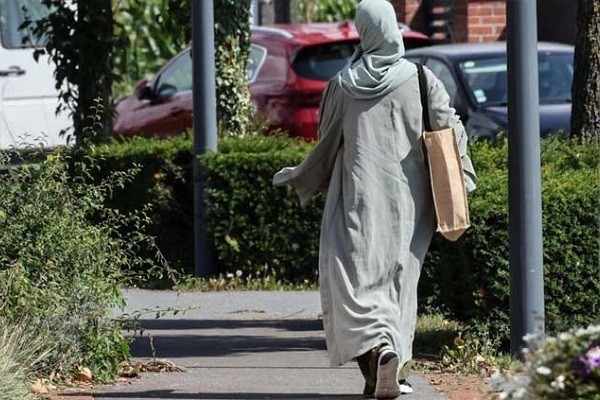France Abaya Ban Aiming to ‘Intimidate’ Muslims: US Panel

The US Commission on International Religious Freedom, responsible for providing recommendations to the US government without directly setting policy, weighed in on the matter. Commission Chair Abraham Cooper expressed reservations about the abaya ban, characterizing it as a "misguided effort to promote the French value of laicité," which underpins the country's official secularism.
"France continues to wield a specific interpretation of secularism to target and intimidate religious groups, particularly Muslims," he said, AFP reported.
In his statement, he added, "While no government should use its authority to impose a specific religion on its population, it is equally condemnable to restrict the peaceful practice of individuals' religious beliefs to promote secularism."
Last month, French Education Minister Gabriel Attal announced that schools would no longer permit girls to wear abayas, which are flowing garments with origins in the Middle East.
Notably, in 2004, France previously banned school children from displaying "signs or outfits by which students ostensibly show a religious affiliation," which encompassed headscarves, turbans, prominent crosses, or kippas.
However, abayas had occupied a somewhat ambiguous position, with certain women contending that they wore them as expressions of their cultural identity rather than solely for religious reasons.
Conservative French politicians have been advocating for the broadening of these restrictions, with far-right leader Marine Le Pen, who secured second place in last year's presidential election, campaigning for the prohibition of wearing veils in public spaces.
Within France, the ban on abayas has met with disapproval from Muslim leaders, as well as from prominent left-wing political figure Jean-Luc Mélenchon, who characterized it as a move exacerbating societal divisions.
Source: Agencies



